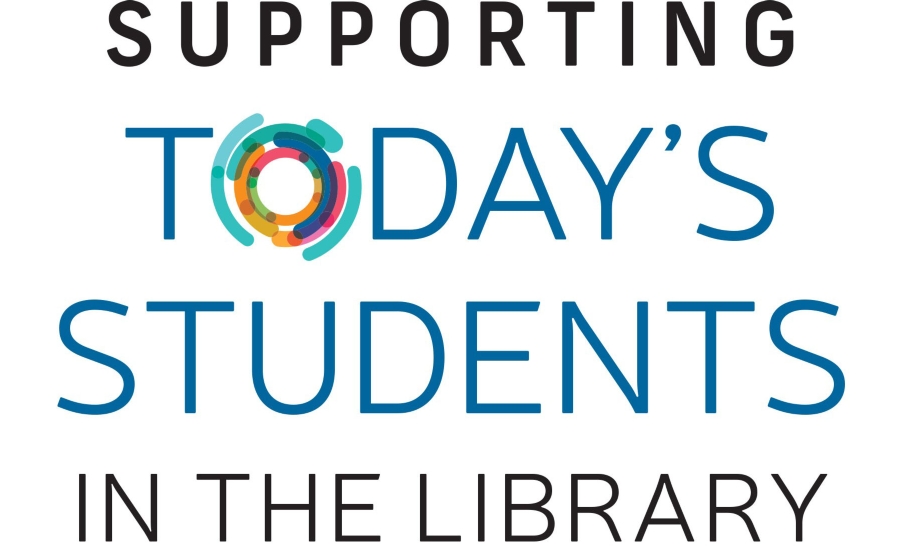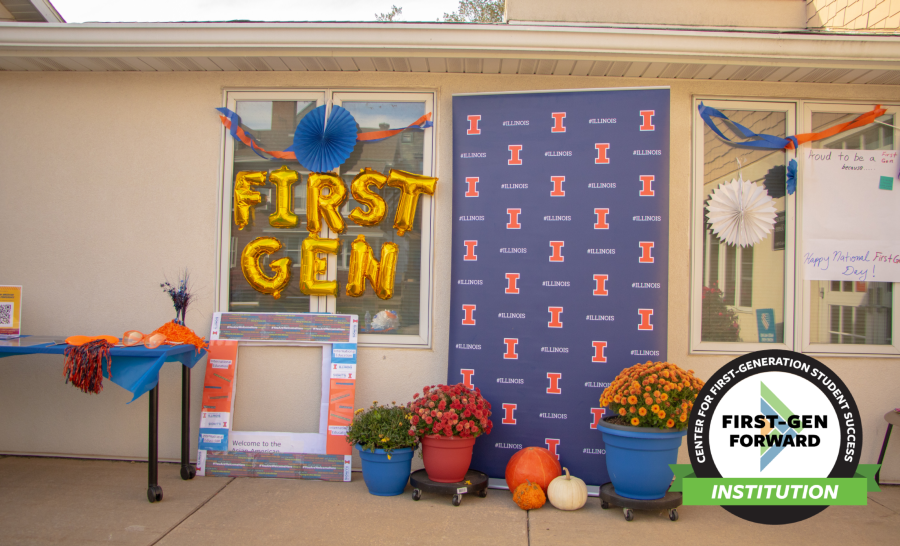Fostering Historically Underserved Students' Success
This study investigated how an embedded peer support model that integrates non-cognitive principles, academic support, and peer mentoring affected students' success in completing gateway first-year courses as well as key measures such as retention at a Hispanic- and Minority-Serving Institution.






